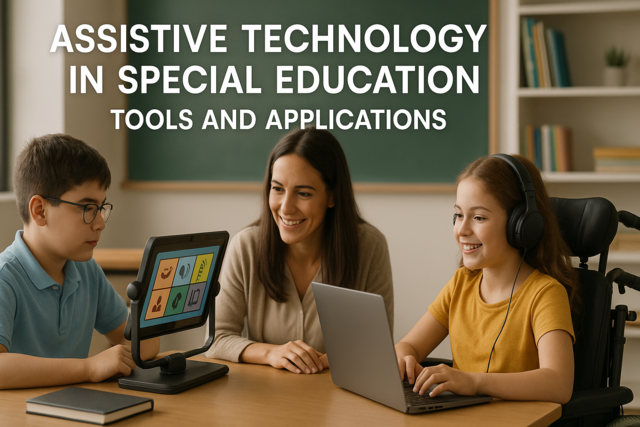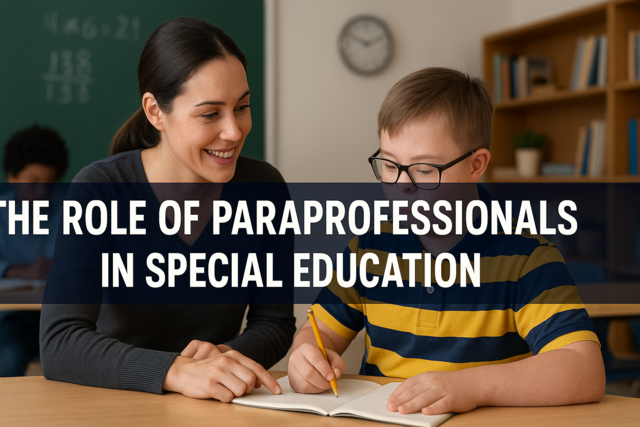Online Class: Legal Frameworks in Special Education — IDEA and Beyond

-
15Lessons
-
22Exams &
Assignments -
7Hours
average time -
0.7CEUs
Course Description
In a world where equity in education is not just desired but demanded, "Legal Frameworks in Special Education: IDEA and Beyond" stands as a beacon of transformative learning. This isn't your average online course; it's an essential journey into the heart of one of the most pivotal aspects of modern education—the intricate and revolutionary legal frameworks that guide special education today. This course is your chance to step into a world where you can make a genuine impact on the lives of students with disabilities, armed with a profound understanding of the legal protections and educational strategies that shape their futures.
Imagine being able to advocate with confidence, knowing that you possess the insights to navigate the complex legal landscapes that govern special education. IDEA, or the Individuals with Disabilities Education Act, is your guiding light. It's more than just a set of regulations; it's a promise—a pledge to every child with a disability that they have the right to learn and succeed alongside their peers. In this course, you'll not only decipher the intricacies of IDEA but also understand how it has transformed not just education, but society itself.
Our narrative begins with the powerful alliances that IDEA fosters between families and educational communities. These partnerships aren't just professional necessities; they're heartfelt collaborations that ensure every child's rights are staunchly defended. With this foundational knowledge, you'll embark on a journey where you'll understand the profound impact of supportive environments—what we call the Least Restrictive Environment—on the social and academic lives of students with disabilities. Here, the seeds of inclusion are sown, and you will witness firsthand the strength that diversity and belonging confer upon educational communities.
But we don't stop at theory. This course dives headfirst into practical, life-changing interventions. You'll explore tailored teaching methods that take into account specific learning disabilities and see how these strategies can propel students to academic heights, traditionally thought to be out of reach. As you navigate these strategies, you'll gain tools that are not just educational but transformative—ensuring every student has the chance to unlock their true potential.
The course also reveals the vital role that Individualized Education Programs (IEPs) play in special education. These are not just documents—they're dynamic blueprints for success, personalized to each student's unique needs and designed to grow alongside them. You'll learn to craft these plans, integrating cutting-edge technological tools and fostering cultural responsiveness to nurture a thriving educational environment.
As you deepen your understanding, the journey takes a turn towards independence—preparing students for life beyond the classroom. Through IDEA's transition services, you'll unlock the secrets to successful post-secondary outcomes, engaging with families and communities to forge paths to success that extend far beyond schooling.
Moreover, understand the pillars of advocacy and legal protection that IDEA and complementary laws provide. You'll gain mastery in maneuvering through mediation and formal hearings, reinforcing the rights of students and empowering families to become stalwart defenders of equitable education.
In your hands will be the key to utilizing assistive technology, transforming obstacles into opportunities, and fostering an inclusive and collaborative educational experience. And as the narrative expands, you'll delve into the enriched landscapes informed by the ADA and Section 504, crucial pieces of legislation that build upon IDEA to ensure accessibility and spur an inclusive societal shift.
Lastly, the course culminates in embracing the future, where students with disabilities are celebrated as invaluable members of society, thanks to champions of education who understand the essence of IDEA, FERPA, and beyond. "Legal Frameworks in Special Education: IDEA and Beyond" isn't just a course—it's a call to action, an invitation to join the ranks of transformative educators, advocates, and leaders.
Your journey starts here. Secure your place in revolutionizing education for the betterment of all. This is your moment to blaze a trail through the legal landscapes of special education—an educational odyssey that promises not just mastery, but profound inspiration. Enroll now and be the change that shapes the future of special education.
- Business
- Business Ethics Courses
- Harassment Prevention Courses
- Human Resources Certifications
- Management
- Aromatherapy Courses
- Caregiver Courses
- Career Development Courses
- Communications Courses
- Confidence and Self Esteem Courses
- Healing
- Human Anatomy Courses
- Medical Skills
- Health & Medicine
- Nutrition
- Marketing
- Microsoft Office Certification Courses
- Life Coaching Courses
- Self-Improvement
- Small Business Certifications
- Safety
- Writing Improvement
- Business Writing Courses
Course Lessons
Lesson 1. Collaborative Foundations: Family and Community Partnerships in IDEA
 Lesson discussions: Reasons for Taking this Course
Lesson discussions: Reasons for Taking this Course Complete: Lesson 1 Activity
Complete: Lesson 1 Activity Assessment: Lesson 1 Review Exam
Assessment: Lesson 1 Review Exam
Lesson 2. Every Child's Right to Learn: The Promise of FAPE
 Complete: Lesson 2 Activity
Complete: Lesson 2 Activity Assessment: Lesson 2 Review Exam
Assessment: Lesson 2 Review Exam
Lesson 3. Fostering Inclusion Through IDEA
 Assessment: Lesson 3 Review Exam
Assessment: Lesson 3 Review Exam
Lesson 4. Essential Protections in Special Education
 Complete: Lesson 4 Activity
Complete: Lesson 4 Activity Assessment: Lesson 4 Review Exam
Assessment: Lesson 4 Review Exam
Lesson 5. IEPs: A Guide to Inclusive Education
 Assessment: Lesson 5 Review Exam
Assessment: Lesson 5 Review Exam
Lesson 6. IDEA Transition Services: Preparing for Post-Secondary Success
 Assessment: Lesson 6 Review Exam
Assessment: Lesson 6 Review Exam
Lesson 7. Understanding Special Education Legalities: Navigating IDEA's Framework
 Complete: Lesson 7 Activity
Complete: Lesson 7 Activity Assessment: Lesson 7 Review Exam
Assessment: Lesson 7 Review Exam
Lesson 8. Empowering Education with Assistive Technology
 Assessment: Lesson 8 Review Exam
Assessment: Lesson 8 Review Exam
Lesson 9. Unveiling the Impact: ADA and Inclusive Education
 Complete: Lesson 9 Activity
Complete: Lesson 9 Activity Assessment: Lesson 9 Review Exam
Assessment: Lesson 9 Review Exam
Lesson 10. Tracing the Impact: Section 504 and the Inclusion Movement
 Assessment: Lesson 10 Review Exam
Assessment: Lesson 10 Review Exam
Lesson 11. IDEA: Ensuring Equitable Education for All
 Complete: Lesson 11 Activity
Complete: Lesson 11 Activity Assessment: Lesson 11 Review Exam
Assessment: Lesson 11 Review Exam
Lesson 12. Empowering Educators: Behavioral Interventions Under IDEA
 Complete: Lesson 12 Activity
Complete: Lesson 12 Activity Assessment: Lesson 12 Review Exam
Assessment: Lesson 12 Review Exam
Lesson 13. Legal Frameworks and Language Inclusion: Understanding IDEA’s Role
 Assessment: Lesson 13 Review Exam
Assessment: Lesson 13 Review Exam
Lesson 14. Navigating FERPA: Essential Privacy Guidelines for Educational Records
 Assessment: Lesson 14 Review Exam
Assessment: Lesson 14 Review Exam
Lesson 15. The Unsung Champions: Special Education Advocates Redefine the Educational Landscape
 Lesson discussions: End of Course Poll; Course Comments
Lesson discussions: End of Course Poll; Course Comments Assessment: Lesson 15 Review Exam
Assessment: Lesson 15 Review Exam
Learning Outcomes
- Demonstrate the application of technology in enhancing learning experiences for students with disabilities under the IDEA framework.
- Recognize the historical evolution and societal impact of IDEA in ensuring equitable education for students with disabilities.
- Demonstrate understanding of the principles of LRE and its application in providing an inclusive education for students with disabilities alongside their non-disabled peers.
- Describe the role of the IEP team in designing a program that meets a student with disabilities' unique needs, ensuring it aligns with the FAPE requirements.
- Analyze the impact of personalized educational interventions mandated by IDEA on students' academic, social, and emotional development, evaluating at least one intervention per disability category.
- Define eligibility criteria under the Individuals with Disabilities Education Act (IDEA) for special education services, identifying at least three recognized disability categories.
- Examine and demonstrate the ability to apply the procedural safeguards, including mediation and due process, to resolve disputes between families and educational institutions effectively.
- Identify and articulate the specific procedural safeguards provided under the Individuals with Disabilities Education Act (IDEA) and their impact on ensuring equitable education for students with disabilities.
- Define the process of developing an Individualized Education Program (IEP) by identifying the key stakeholders and steps involved.
- Demonstrate the ability to set specific and measurable IEP goals that align with a student's unique strengths and needs, using a strength-based approach.
- Demonstrate how to customize an Individualized Education Program (IEP) transition plan to align with a student's strengths, preferences, and post-secondary goals.
- Define the core components of transition services under IDEA, including instruction, related services, and community experiences, for students with disabilities.
- Define the key components of the Individuals with Disabilities Education Act (IDEA) dispute resolution process, including mediation, due process hearings, and state complaint procedures.
- Demonstrate mastery of lesson content at levels of 70% or higher.
Additional Course Information

- Document Your Lifelong Learning Achievements
- Earn an Official Certificate Documenting Course Hours and CEUs
- Verify Your Certificate with a Unique Serial Number Online
- View and Share Your Certificate Online or Download/Print as PDF
- Display Your Certificate on Your Resume and Promote Your Achievements Using Social Media

Related Courses
-
 4 hours
0.4 CEUs
Familial Fortitude: Strengthening Bonds from Within
+ More Info
4 hours
0.4 CEUs
Familial Fortitude: Strengthening Bonds from Within
+ More Info
-
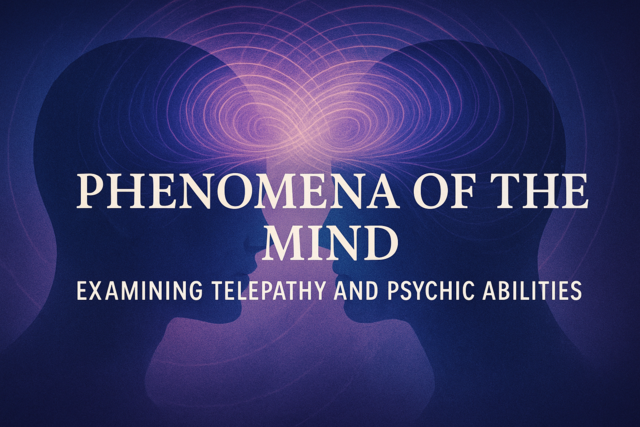 6 hours
0.6 CEUs
Phenomena of the Mind: Examining Telepathy and Psychic Abilities
+ More Info
6 hours
0.6 CEUs
Phenomena of the Mind: Examining Telepathy and Psychic Abilities
+ More Info
-
 4 hours
0.4 CEUs
The Giving Relationship: Balancing Support and Independence
+ More Info
4 hours
0.4 CEUs
The Giving Relationship: Balancing Support and Independence
+ More Info
-
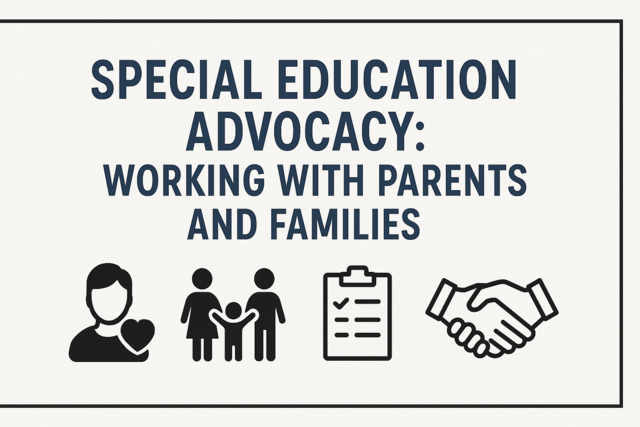 3 hours
0.3 CEUs
Special Education Advocacy: Working with Parents and Families
+ More Info
3 hours
0.3 CEUs
Special Education Advocacy: Working with Parents and Families
+ More Info
-
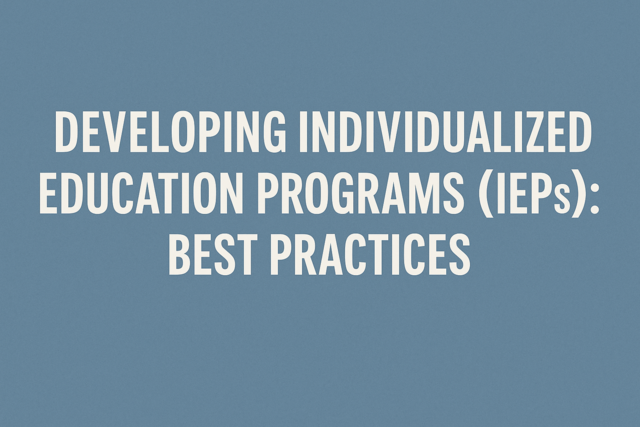 4 hours
0.4 CEUs
Developing Individualized Education Programs (IEPs): Best Practices
+ More Info
4 hours
0.4 CEUs
Developing Individualized Education Programs (IEPs): Best Practices
+ More Info
-
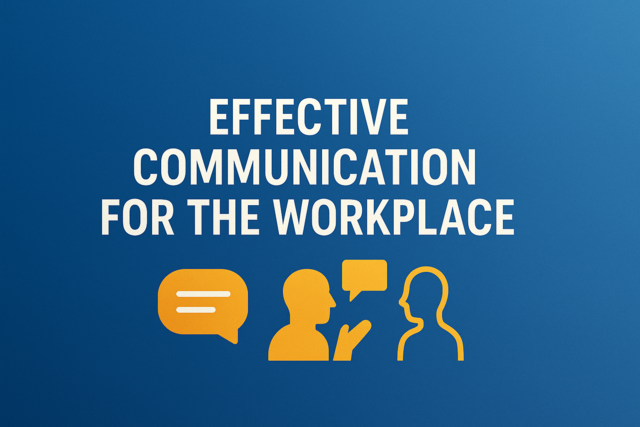 7 hours
0.7 CEUs
Effective Communication for the Workplace
+ More Info
7 hours
0.7 CEUs
Effective Communication for the Workplace
+ More Info
-
 5 hours
0.5 CEUs
Self-Discipline and Motivation Strategies
+ More Info
5 hours
0.5 CEUs
Self-Discipline and Motivation Strategies
+ More Info
-
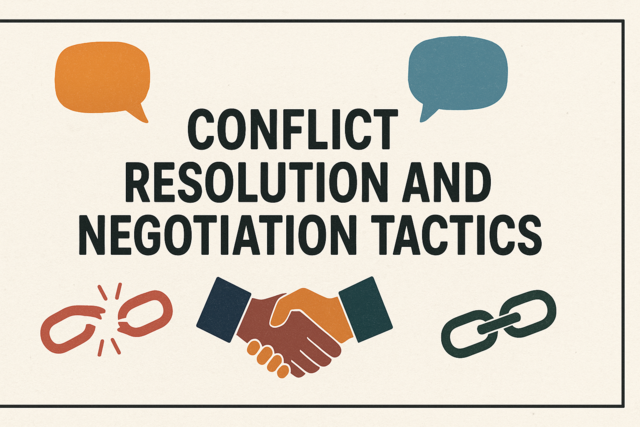 7 hours
0.7 CEUs
Conflict Resolution and Negotiation Tactics
+ More Info
7 hours
0.7 CEUs
Conflict Resolution and Negotiation Tactics
+ More Info
-
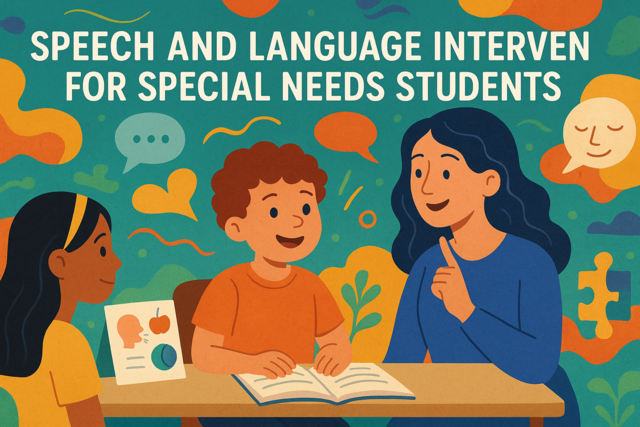 7 hours
0.7 CEUs
Speech and Language Interventions for Special Needs Students
+ More Info
7 hours
0.7 CEUs
Speech and Language Interventions for Special Needs Students
+ More Info
-
 3 hours
0.3 CEUs
Innovative Solutions for Business Growth
+ More Info
3 hours
0.3 CEUs
Innovative Solutions for Business Growth
+ More Info
-
 4 hours
0.4 CEUs
Assertiveness Training for Professionals
+ More Info
4 hours
0.4 CEUs
Assertiveness Training for Professionals
+ More Info
-
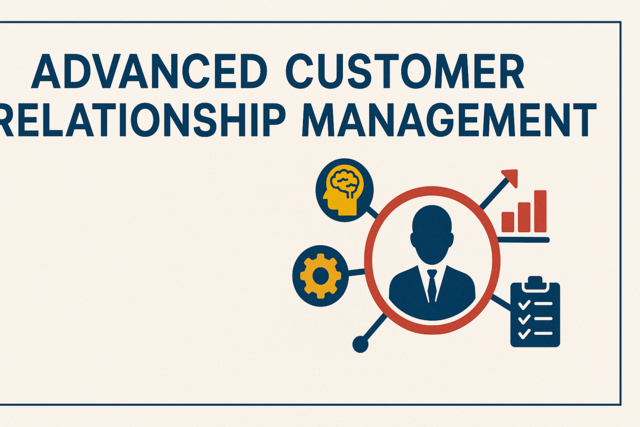 5 hours
0.5 CEUs
Advanced Customer Relationship Management
+ More Info
5 hours
0.5 CEUs
Advanced Customer Relationship Management
+ More Info
-
 7 hours
0.7 CEUs
The Dynamics of Desire: Understanding Intimacy and Attraction
+ More Info
7 hours
0.7 CEUs
The Dynamics of Desire: Understanding Intimacy and Attraction
+ More Info
-
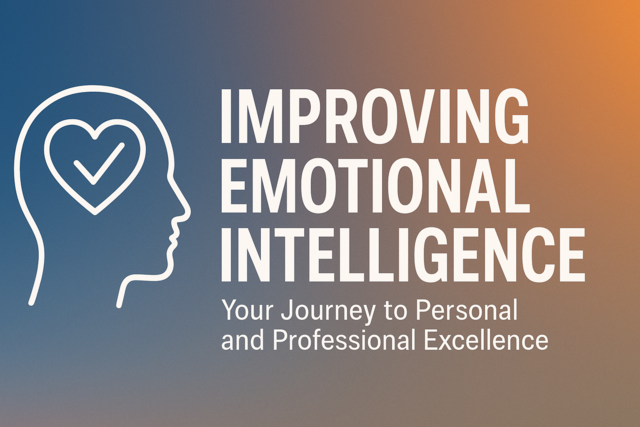 6 hours
0.6 CEUs
Improving Emotional Intelligence
+ More Info
6 hours
0.6 CEUs
Improving Emotional Intelligence
+ More Info
-
 4 hours
0.4 CEUs
Esoteric Traditions and Ancient Wisdom
+ More Info
4 hours
0.4 CEUs
Esoteric Traditions and Ancient Wisdom
+ More Info
-
 5 hours
0.5 CEUs
Advanced Communication Skills for the Workplace
+ More Info
5 hours
0.5 CEUs
Advanced Communication Skills for the Workplace
+ More Info
-
 5 hours
0.5 CEUs
Lunar Magic and Moon Phases
+ More Info
5 hours
0.5 CEUs
Lunar Magic and Moon Phases
+ More Info
-
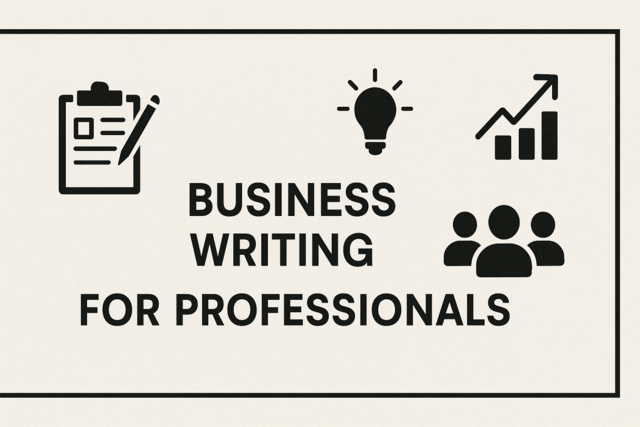 4 hours
0.4 CEUs
Business Writing for Professionals
+ More Info
4 hours
0.4 CEUs
Business Writing for Professionals
+ More Info
-
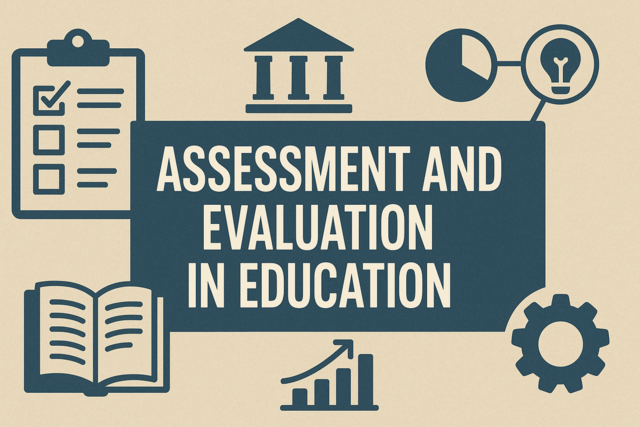 6 hours
0.6 CEUs
Assessment and Evaluation in Education
+ More Info
6 hours
0.6 CEUs
Assessment and Evaluation in Education
+ More Info
-
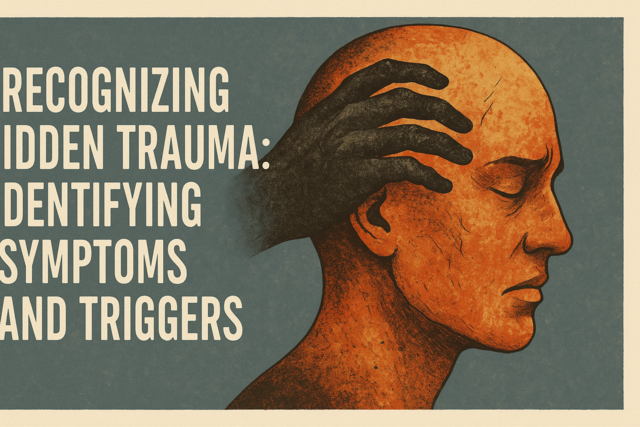 4 hours
0.4 CEUs
Recognizing Hidden Trauma: Identifying Symptoms and Triggers
+ More Info
4 hours
0.4 CEUs
Recognizing Hidden Trauma: Identifying Symptoms and Triggers
+ More Info
-
 5 hours
0.5 CEUs
Dress Like a Mogul: Navigating High-End Fashion for Men
+ More Info
5 hours
0.5 CEUs
Dress Like a Mogul: Navigating High-End Fashion for Men
+ More Info
-
 3 hours
0.3 CEUs
Writing Across the Curriculum: Best Practices
+ More Info
3 hours
0.3 CEUs
Writing Across the Curriculum: Best Practices
+ More Info
-
 5 hours
0.5 CEUs
STEAM: Integrating the Arts with STEM
+ More Info
5 hours
0.5 CEUs
STEAM: Integrating the Arts with STEM
+ More Info
-
 6 hours
0.6 CEUs
Intuitive Insights: Harnessing Gut Feelings for Better Bonds
+ More Info
6 hours
0.6 CEUs
Intuitive Insights: Harnessing Gut Feelings for Better Bonds
+ More Info
-
 3 hours
0.3 CEUs
Preparing Students for Careers of the Future
+ More Info
3 hours
0.3 CEUs
Preparing Students for Careers of the Future
+ More Info
-
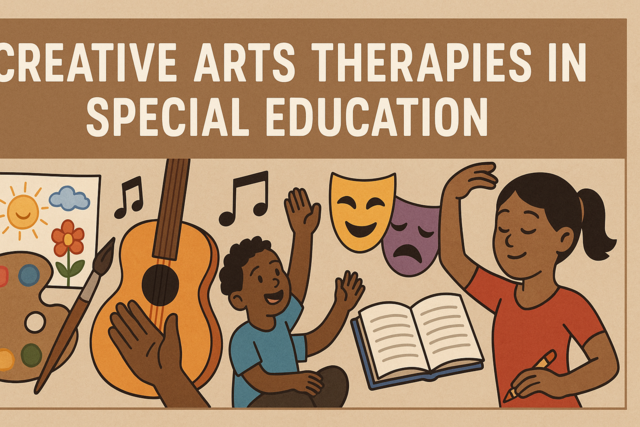 3 hours
0.3 CEUs
Creative Arts Therapies in Special Education
+ More Info
3 hours
0.3 CEUs
Creative Arts Therapies in Special Education
+ More Info
-
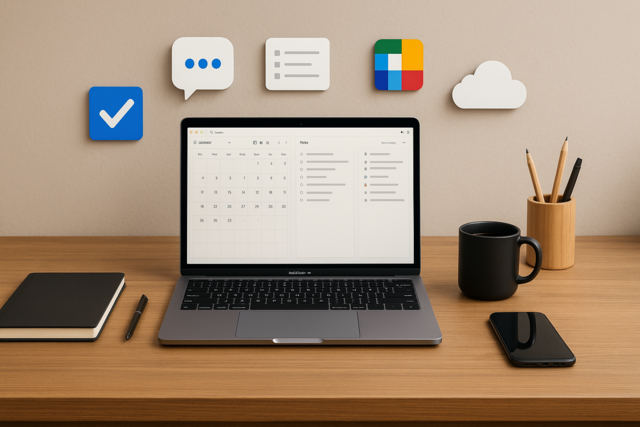 6 hours
0.6 CEUs
Productivity Tools for Modern Professionals
+ More Info
6 hours
0.6 CEUs
Productivity Tools for Modern Professionals
+ More Info
-
 7 hours
0.7 CEUs
Cultural Perspectives on Trauma: Understanding Global Variations
+ More Info
7 hours
0.7 CEUs
Cultural Perspectives on Trauma: Understanding Global Variations
+ More Info
-
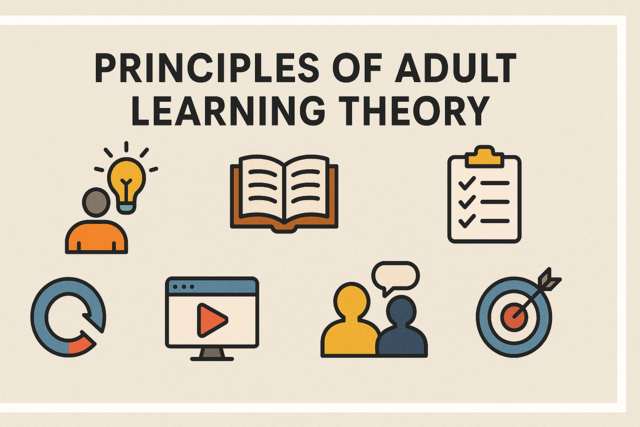 4 hours
0.4 CEUs
Principles of Adult Learning Theory
+ More Info
4 hours
0.4 CEUs
Principles of Adult Learning Theory
+ More Info
-
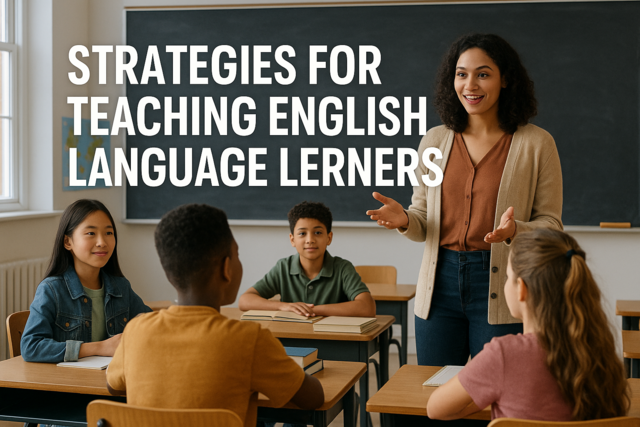 4 hours
0.4 CEUs
Strategies for Teaching English Language Learners
+ More Info
4 hours
0.4 CEUs
Strategies for Teaching English Language Learners
+ More Info
-
 3 hours
0.3 CEUs
The Fourth Dimension: Theories and Consequences
+ More Info
3 hours
0.3 CEUs
The Fourth Dimension: Theories and Consequences
+ More Info
-
 3 hours
0.3 CEUs
Holistic Approaches to Education
+ More Info
3 hours
0.3 CEUs
Holistic Approaches to Education
+ More Info
-
 6 hours
0.6 CEUs
Supporting Students with Special Needs
+ More Info
6 hours
0.6 CEUs
Supporting Students with Special Needs
+ More Info
-
 4 hours
0.4 CEUs
Career Development and Planning
+ More Info
4 hours
0.4 CEUs
Career Development and Planning
+ More Info
-
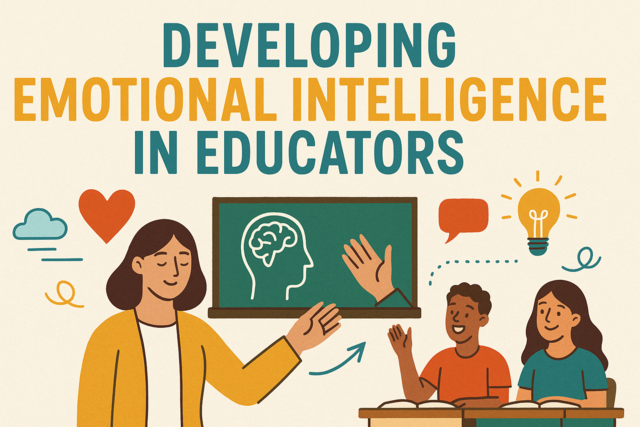 4 hours
0.4 CEUs
Developing Emotional Intelligence in Educators
+ More Info
4 hours
0.4 CEUs
Developing Emotional Intelligence in Educators
+ More Info
-
 5 hours
0.5 CEUs
Understanding Social Media for Business
+ More Info
5 hours
0.5 CEUs
Understanding Social Media for Business
+ More Info
-
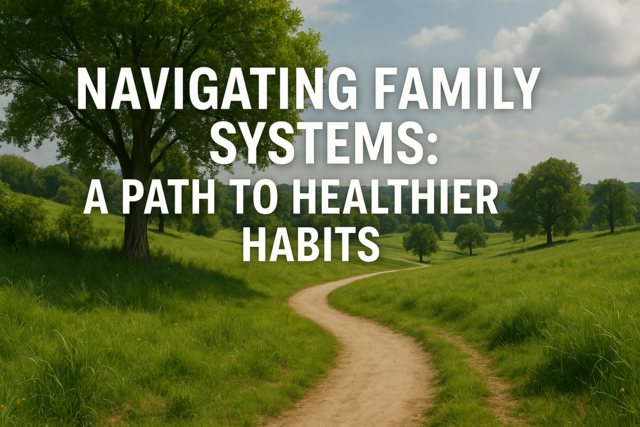 4 hours
0.4 CEUs
Navigating Family Systems: A Path to Healthier Habits
+ More Info
4 hours
0.4 CEUs
Navigating Family Systems: A Path to Healthier Habits
+ More Info
-
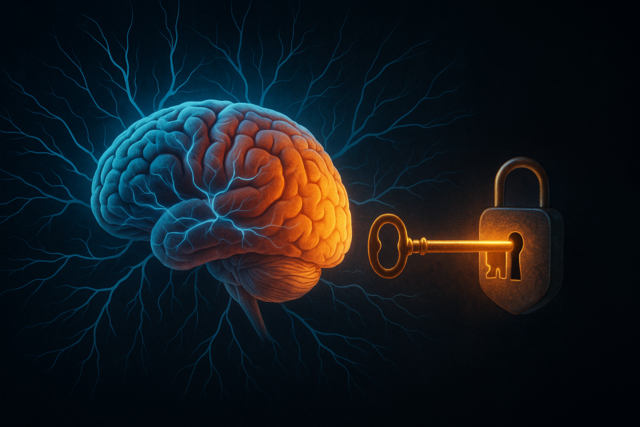 6 hours
0.6 CEUs
Neuroscience of Trauma: How the Brain Processes and Heals from Trauma
+ More Info
6 hours
0.6 CEUs
Neuroscience of Trauma: How the Brain Processes and Heals from Trauma
+ More Info
-
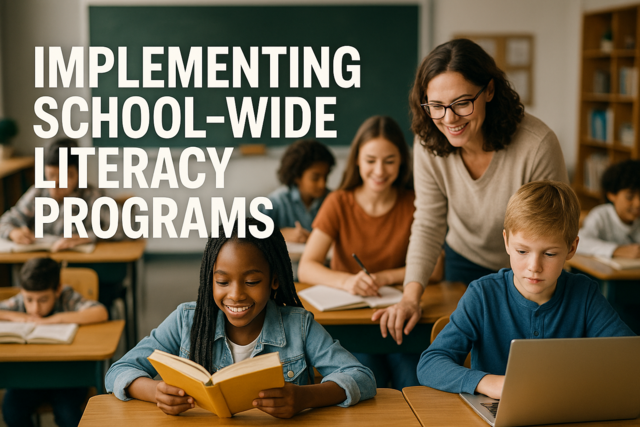 5 hours
0.5 CEUs
Implementing School-Wide Literacy Programs
+ More Info
5 hours
0.5 CEUs
Implementing School-Wide Literacy Programs
+ More Info
-
 3 hours
0.3 CEUs
Agile and Scrum Fundamentals
+ More Info
3 hours
0.3 CEUs
Agile and Scrum Fundamentals
+ More Info


